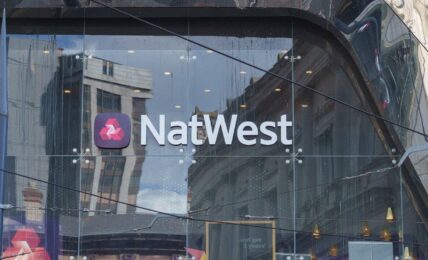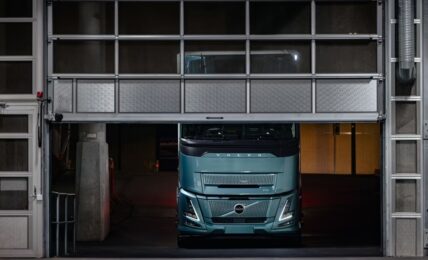Southwest Airlines announced that it has acquired SAFFiRE Renewables, a U.S. Department of Energy (DOE)-backed project aimed at scaling the production of sustainable aviation fuel from agricultural residue.
The acquisition follows the launch last month by the airline of Southwest Airlines Renewable Ventures (SARV), a new subsidiary responsible for managing the airline’s sustainable aviation fuel (SAF) investments, and creating opportunities for the company to obtain SAF to reach its clean fuel goals. Southwest has set a target to replace 10% of its jet fuel consumption with SAF by 2030.
Southwest made its first investment in SAFFiRE in 2022, and the company will now form part of the Southwest Airlines Renewable Ventures investment portfolio.
Bob Jordan, President & CEO of Southwest Airlines, said.
“This acquisition marks Southwest’s transition from investor to sole owner of SAFFiRE, expressing our confidence in SAFFiRE’s technology and its potential to advance our sustainability goals as well as the goals of the broader industry. Championing SAF is a key pillar of Southwest’s Nonstop to Net Zero plan and our work toward a more sustainable future for air travel. We look forward to continuing our journey with SAFFiRE as part of our efforts to propel this promising technology forward.”
North Dakota-based SAFFiRE (short for Sustainable Aviation Fuel From Renewable Ethanol) was formed by ethanol technology company D3MAX, and backed by the U.S. Department of Energy (DOE) as part of a project aimed at decreasing transportation-based emissions through the development of advanced biofuels technology.
SAF is generally produced from sustainable resources, like waste oils and agricultural residues. SAFFiRE utilizes technology developed by the DOE’s National Renewable Energy Laboratory (NREL) to generate renewable ethanol corn stover – a widely available waste feedstock, with approximately 400 million tons left over after the harvest each year in the U.S. – which can then be upgraded into SAF.
According to SAFFiRE, SAF produced using this technology can reduce lifecycle greenhouse gas (GHG) emissions relative to fossil fuels by up to 84%.
Following the acquisition by Southwest, SAFFiRE is expected to proceed to a new phase of its project, with the development of a pilot plant to utilize technology licensed exclusively by the company from the DOE’s National Renewable Energy Laboratory (NREL) to process 10 tons of corn stover per day for the production of renewable ethanol. The ethanol is expected to be converted into SAF by sustainable aviation fuel technology company LanzaJet. Southwest announced an investment in LanzaJet in March, which also forms part of the SARV portfolio.
Tom Nealon, President of SARV and CEO of SAFFiRE, said:
“Renewable ethanol is an important feedstock to realizing high-volume, affordable SAF, which is a critical part of the journey to net zero carbon emissions. We are enthusiastic about the ethanol-to-SAF pathway and SAFFiRE’s potential ability to produce renewable ethanol at a scale that is economically viable.”



